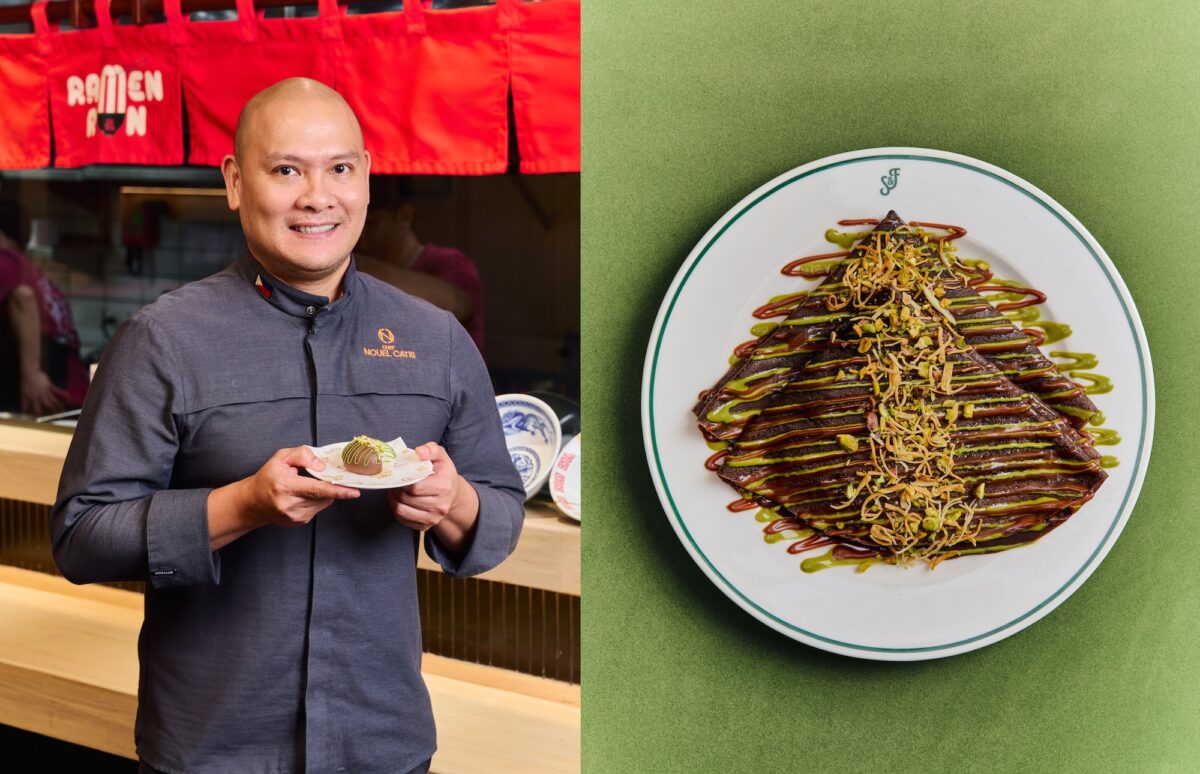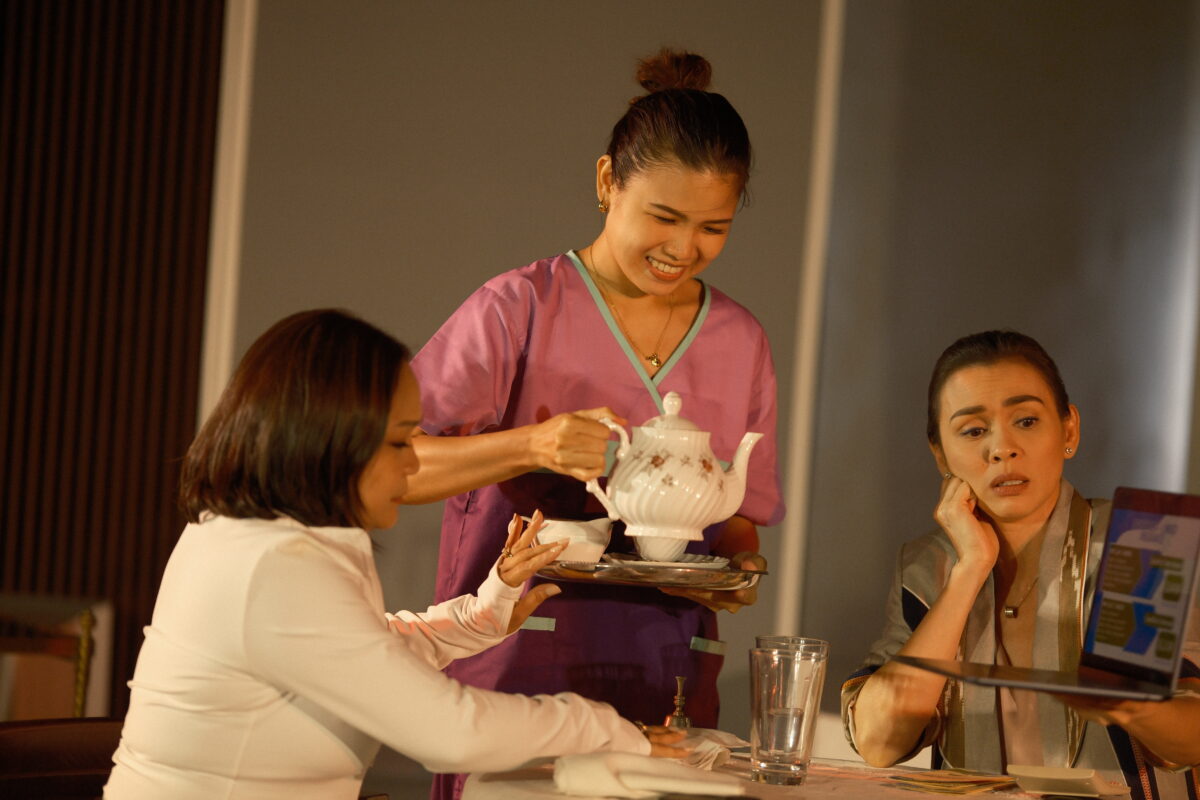Happy Valentine’s Day. A few days ago, I sent flowers and wrote a card to one of the loves of my life: “Occasions like Valentine’s Day give us the chance to tell you: Thank you for the Love!”
This “simple” greeting is the fruit of a long process that leads to a joy, peace and freedom that makes the whole experience much more than worthwhile.
Today’s Gospel gives us the process that leads to spiritual freedom. The 40 days in the desert remind us of the 40 years of wandering in the desert and the 40 days of the Risen Lord with his disciples before the Ascension. In all this, the core experience is deep transformation that prepares one for mission; intense, passionate mission.
The 40 days of Lent has as its prototype, among others, the 40 days of Christ praying and fasting in the desert.
The temptations are reminiscent of the temptation of Adam. Each of the three temptations refers to an old event and in some instances prefigures an upcoming one.
Reflection
In this rich context, let’s reflect from an Ignatian lens. Our novice masters always told us that for Ignatius, it was clear that when one is coming closer to doing God’s will, the evil spirit will do everything to prevent us from doing this—doubt, despair, fear, distraction, etc.
Here is a classic example of what Ignatius was saying. The basic temptation in today’s Gospel is for Christ to give in to the worldly expectations on what or who the Messiah is and to veer away from the divine prophecies from the Old Testament, e.g. the Suffering Servant in Isaiah.
The traditional take on the three temptations are: gluttony, greed and hubris.
One of the invitations of Pope Francis for the Extraordinary Jubilee Year of Mercy is that we must make a good confession, forgive those who have wronged us and become missionaries of mercy.
Making a good confession is an act not just of acknowledging our sins and failures but also of forgiving ourselves.
This is the first level of freedom for Ignatius, the freedom from our sins—as well as our blessings. It is not the end game, but an important first step that will lead to the second level of freedom, the freedom to commit, to live out one’s mission, to follow Christ.
Freedom stories
Let me end with two stories about freedom. Last Tuesday, I hosted dinner for a couple from New York, the wife is Filipino and the husband is European. She is one of the moving spirits of the Fil-Am group in NY that is helping us get support for our work for public senior high schools.
I posted our picture on Instagram with a picture of our earlier meeting with DepEd officials. The next day, a couple of friends texted me and were very upset over someone who posted a comment on the picture criticizing me for being a priest for the rich with no concern for the poor.
Of course, the pain of being judged will always be felt but then one has to make a choice to be free. The choice is to react in a way that demeans or defines one’s self. Ultimately, I told the critic that I would pray for her.
It was a simple post. Yet it made me feel so much freedom. I simply listened, peacefully but not pain-free, and sincerely said, “I will pray for you.”
As Fr. Horacio de la Costa, SJ, wrote, “It is to know that one is a sinner, yet call to be a companion of Christ in his mission.”
The second story is a note I wrote to a 16-year-old man whose team won the UAAP High School Division Football Championship. He was awarded Rookie of the Year and Best Defender and was included in the Mythical Eleven.
After writing about pursuing his dreams and excellence, I ended by saying, “Be grateful. Always be grateful. Gratitude allows you to excel.”
Gratitude
The freedom of gratitude is what allows us to excel—to be more loving and to more freely dedicate our self to God’s mission for us.
The freedom of gratitude is what also makes us see that everything is grace. When we get to this point, we take stock of our life, the journey with its many twists and turns, the ups and downs, the triumphs and failures, the fortitude and temptations.
Ignatius ends his Spiritual Exercises with the prayer “Take and Receive,” with the final line: “Give me only your love and your grace, these make me rich, I ask for nothing more.”
This is the freedom that is born out of the struggle with temptation, the struggle with sin and failures, and the struggle to learn to forgive our self—no, to allow God’s mercy and love to forgive us.
Emerging from this “descent into hell,” we are able to see Christ more clearly, “the face of the Father’s mercy,” Misericordiae Vultus.
When we come face to face with Christ this way, we understand more St. Paul’s words. “It is no longer I who live, but Christ lives in me; and the life which I now live in the flesh I live by faith in the Son of God, who loved me and gave Himself up for me.”
This is the freedom that makes us say, “Thank you for the love.”












































